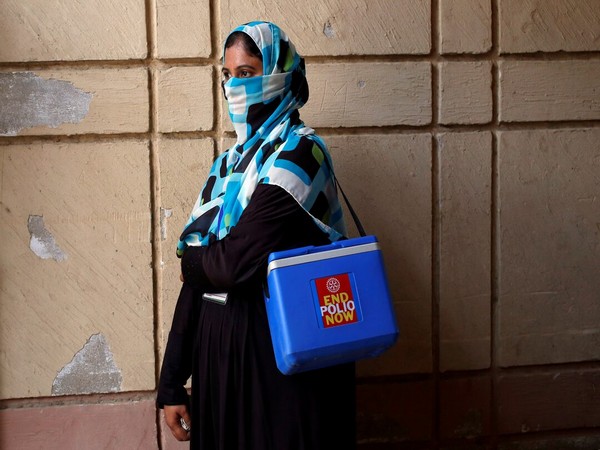
Canada played "central role" in influx of illicit drugs, causing health crisis: Donald Trump
Feb 02, 2025
Washington DC [US], February 2 : US President Donald Trump on Saturday (local time) pointed to the "profound consequences" of the influx of illicit opioids and other drugs for the countru
In a statement from the White House, Trump accused Canada of playing a "central role" in this influx, including by "failing to devote sufficient attention and resources" or "meaningfully coordinate" with the US law enforcement partners to effectively stem the tide of illicit drugs.
This comes as Trump's 25 per cent tariffs on goods from Canada and Mexico, along with 10 per cent duties on all imports from China, are expected to come into effect on Tuesday, Al Jazeera reported.
Trump specifically cited fentanyl and undocumented migration as reasons behind the move, which he said will help prioritise US interests.
Energy products imported from Canada, including oil, natural gas and electricity, are to be taxed at 10 per cent, according to an executive order signed by Trump.
Trump alleged that there is a growing presence of Mexican cartels operating fentanyl and nitazene synthesis labs in Canada, whose illegal smuggling has caused a "public health crisis" in the US.
"Canada's Financial Transactions and Reports Analysis Centre recently published a study on the laundering of proceeds of illicit synthetic opioids, which recognized Canada's heightened domestic production of fentanyl, largely from British Columbia, and its growing footprint within international narcotics distribution," Trump's statement said.
In response, Canada too announced retaliatory tariffs of 25 per cent againsy the US, coming into effect from Tuesday.
Dominic LeBlanc, Canadian Minister of Finance and Intergovernmental Affairs, and Melanie Joly, Minister of Foreign Affairs, announced that the Government of Canada is moving forward with 25 per cent tariffs on USD 155 billion worth of goods in response to the 'unjustified and unreasonable tariffs' imposed by the US on Canadian goods, a statement by the Canadian government said.
"These countermeasures have one goal: to protect and defend Canada's interests, consumers, workers, and businesses," the statement read.
Tariffs are imposed by governments of countries or supranational international organisations - such as the European Union - on imports or exports of goods. They are typically charged as a percentage of the price a buyer pays a foreign seller, and can be increased and decreased by the authorities. Tariffs can also be lifted by trade agreements, creating markets exempt from any tax at customs. In the US, tariffs are collected by Customs and Border Protection agents at 328 ports of entry across the country, as per Al Jazeera.
It is the importing US companies that pay tariffs, and the money goes to the Treasury - not the foreign countries exporting into the US. Those companies, in turn, typically pass their higher costs on to their customers in the form of higher prices.
Therefore, business owners and analysts project an increase in inflation in the US due to new tariffs. Tariffs can hurt other countries by making their products pricier and harder to sell abroad. Foreign companies might have to cut prices and sacrifice profits to offset the tariffs and try to maintain their exports.



























